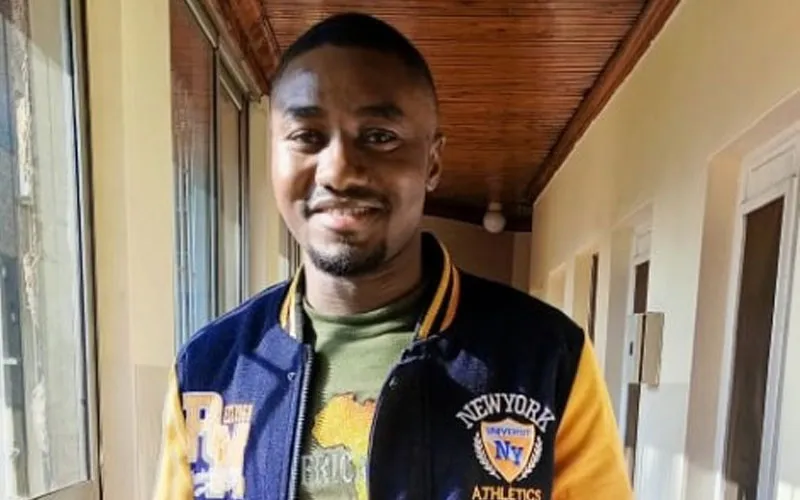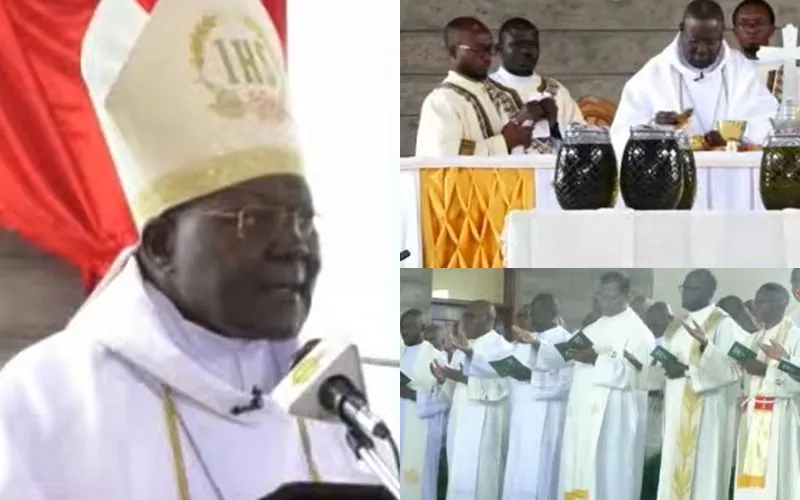Bamenda, 11 September, 2022 / 9:30 pm (ACI Africa).
Amid the ongoing killings in the Northwest and Southwest English-speaking regions of Cameroon where bodies are reportedly left strewn on the streets and on river banks, it is those taking care of the dead that are forgotten the most.
According to Nobel Chimenyi who shared his fears as a Seminarian studying and working in the warrying Northwest region, which is covered by the Catholic Archdiocese of Bamenda, the needs of pastoral agents, including Priest and women and men Religious who are on the ground giving the dead a befitting send-off have been ignored.
“Special attention and concern need to be given to the pastoral agents assigned in such difficult terrain. The experience has been that their plights are often overlooked,” Seminarian Chimenyi said in the Wednesday, September 7 interview with ACI Africa.
He added, “These agents, who play the intermediary role of recovery and burial of abandoned corpses of separatists and military personnel are the most traumatized of all and should be given appropriate care for the continuation of Christ’s mission.”
The Seminarian with St. Joseph’s Missionary Society of Mill Hill (MHM) underlined the need for intervention by the international community to end the crisis given “the abhorring living conditions of the people in these areas”, and the fear that the surviving locals risk contracting terrible diseases owing to the poor disposal of bodies in the region.








